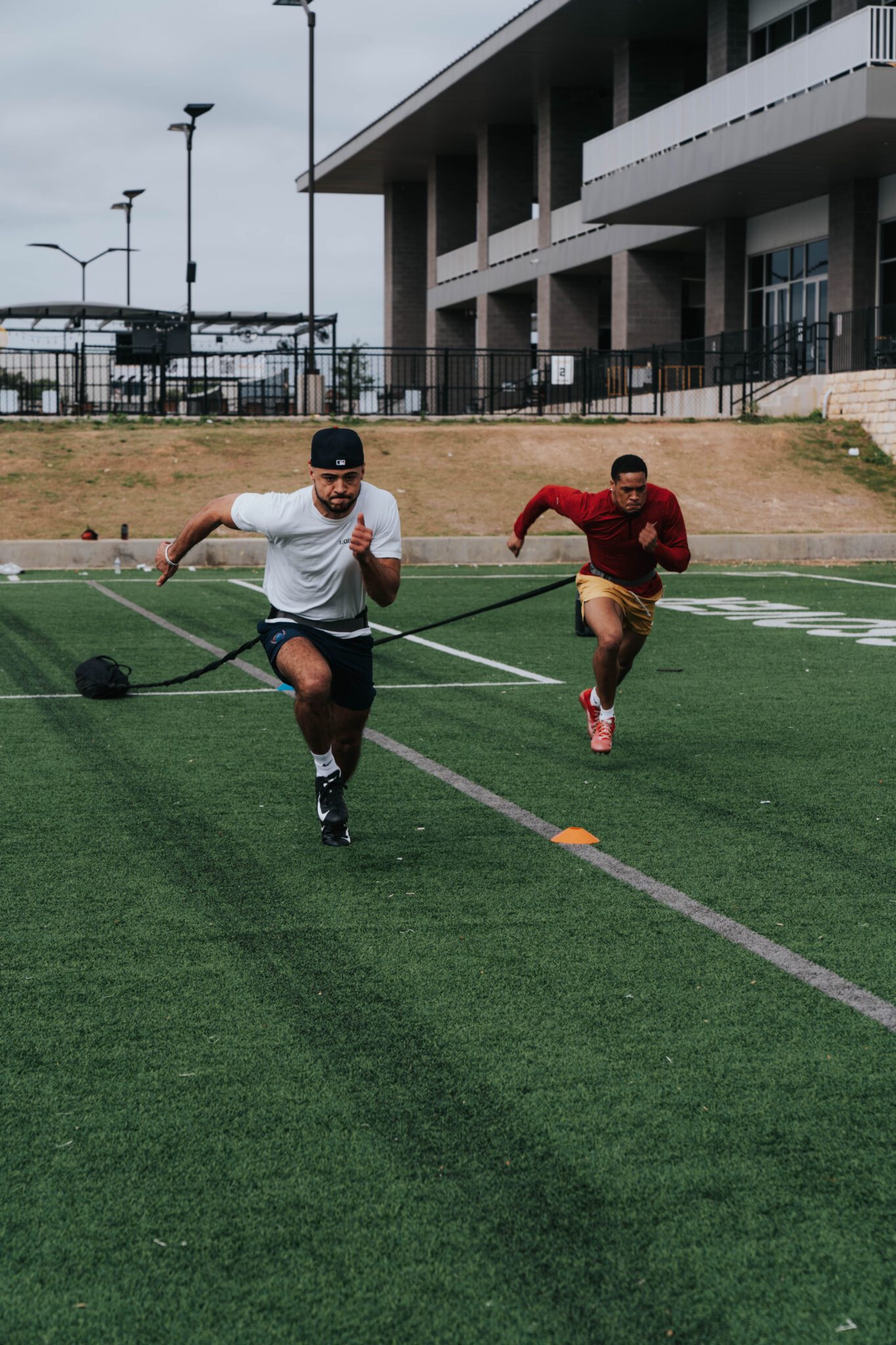Have you ever heard of the 10,000-hour rule? This theory—originally proposed by psychologist Anders Ericcson and popularized by writer Malcom Gladwell—states that it takes approximately 10,000 hours of practice to become an expert in any field. This process of practice involves breaking down a skill into its component parts and then practicing each part until it is mastered. Athletic performance training is a special kind of practice that helps athletes to master skills for a particular sport. This kind of training is designed to improve an athlete’s physical and mental abilities; it usually involves a combination of strength training, conditioning, and skill development.
The goal of athletic performance training is to help athletes reach their full potential—and at the same time—reduce the risk of injury. There are many different types of athletic training programs, and the best programs for individual athletes vary, depending on their sports, goals, and current fitness level. In addition to the physical components of athletic performance training, mental preparation is also important. Mental training can help athletes to improve their focus, concentration, and motivation. This can help athletes to perform at their best under pressure. Do athletes need to spend 10,000 hours of their life doing performance training? Read on to learn more about how much time you should commit to athletic performance training.
Consider your status and goals.
The amount of time an athlete should commit to athletic performance training depends on a number of factors. Here are some factors to consider:
- Age
- Specific sport
- Individual goals
- Current level of skill
- Desired athletic goals
Age is an important number.
Training can be broken down into scheduled practice sessions throughout the week. Here are some general guidelines for how much time athletes may want to consider committing to athletic performance training:
- Youth ages 6 to 12: 3 to 4 hours per week
- Teen athletes ages 13 to 18: 4 to 6 hours per week
- Adult athletes ages 19 and up: 6 to 8 hours per week.
Don’t forget to rest.
As an athlete, listening to your body is essential. Overtraining can lead to injuries and burnout. It’s so important for athletes to allow time to recover and recuperate while in the process of athletic performance training.
Seek professional help.
The specific amount of time an athlete needs to train will vary, depending on individual circumstances. It is a great idea to consult with a coach or a professional personal trainer to help develop a successful, attainable training plan.
Know what is involved.
For athletes who have committed to a training program, getting familiar with some of the components of athletic performance training is essential. There are quite a few aspects of training, including:
-
- Strength training: This helps to build muscle mass and power.
- Speed training: This focus on speed helps athletes to run fast, making them more efficient on the field, track, or court.
- Agility training: This work helps athletes to change direction quickly and efficiently.
- Plyometrics: Training in jumping and landing can help to improve athletes’ vertical jump and power.
- Core training: This helps to strengthen abdomen and lower back muscles, improving balance and stability.
- Flexibility: Training in flexibility can improve an athlete’s range of motion, helping to prevent injuries and improve overall performance.
- Sports specific: For baseball, hitters may want to achieve more power in their swing. Volleyball players may want to spend time working on vertical jumps. Golfers may want to focus on core. No matter what the sport, there are specific skills that could benefit from the time spent in athletic performance training sessions.
Training at ROI
At ROI Physical Therapy and Sports Performance, our methodology is unique. We partner with many athletes in sports like swimming, football, baseball, hockey, basketball, volleyball, and more. Programs at ROI are customized to every individual athlete, based on their specific needs and goals.
ROI partners with athletes to create the best athletic performance training plans possible. Some of the programs offered at ROI include NFL Combine and Pro Day Training, providing everything prospective NFL athletes need to achieve their highest levels of performance, baseball strength and speed programming, with tailored exercises, and golf assessments, complete with conditioning and recovery. Our strength and conditioning program focuses on strength in addition to footwork, ball work, plyometrics, and functional range conditioning.
Athletic performance training can be a great way to improve an athlete’s physical and mental abilities in any sport. Regularly scheduled training sessions can help athletes to reach their potential and reduce their risk of injury. Consider working with qualified trainers at ROI. ROI trainers can help to assess athletes and to help them meet their athletic goals through focused training sessions.
Learn more about ROI at their website, or reach out to ROI at 512-962-9141.

